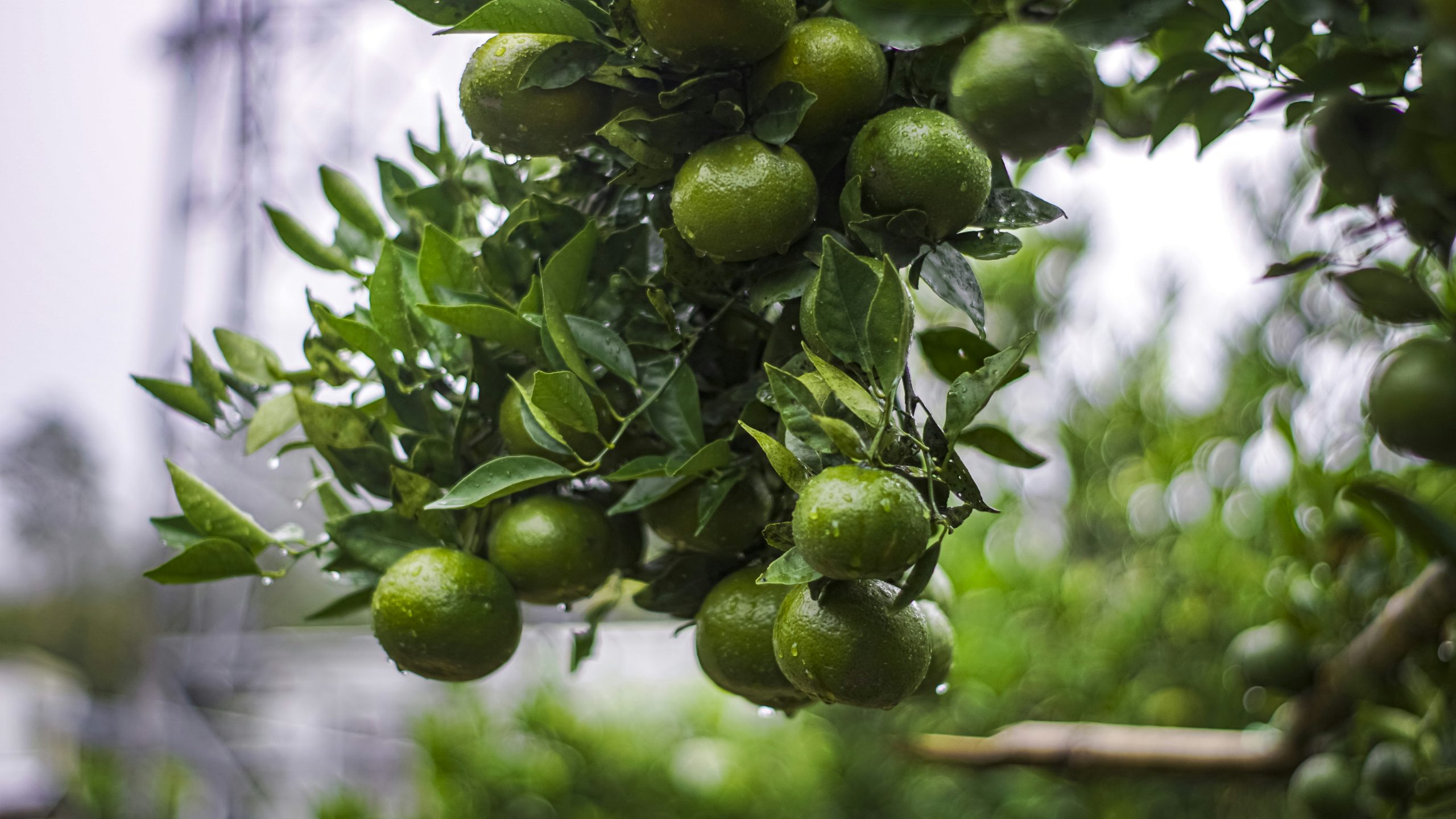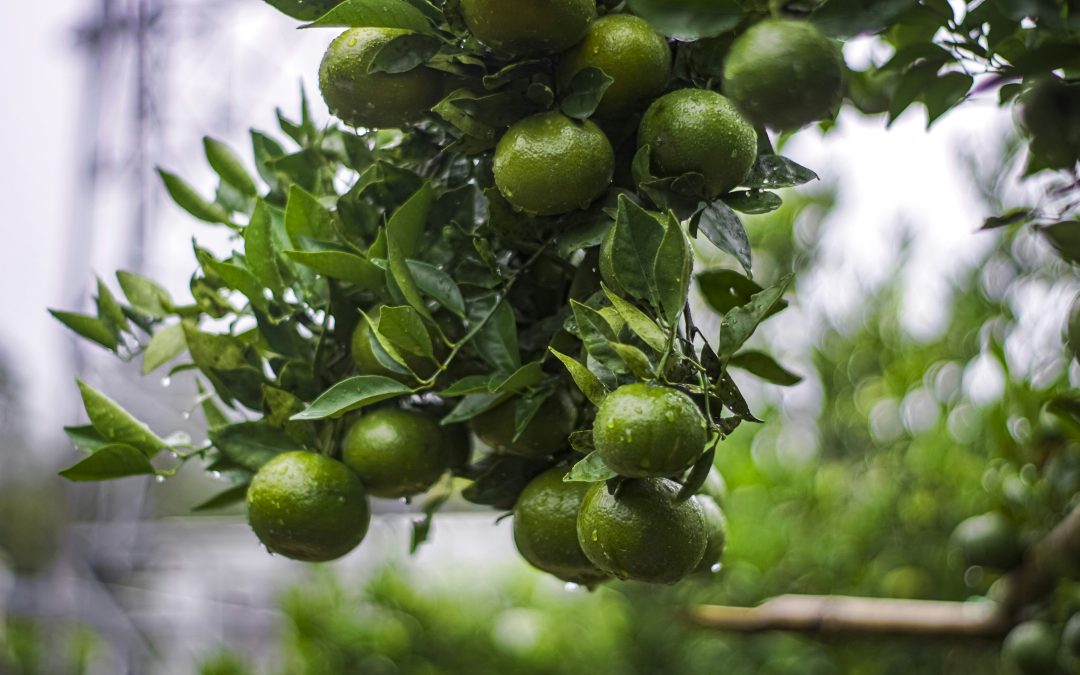The Ultimate Guide to Organic Whole Foods
Have you ever wondered about the benefits of incorporating organic whole foods into your diet? In this comprehensive guide, we will explore the importance of choosing organic options, the health benefits associated with consuming whole foods, as well as provide tips on how to seamlessly incorporate them into your daily meals. Let’s get started!
Why Choose Organic Whole Foods?
When it comes to making food choices, opting for organic whole foods can have a significant impact on both your health and the environment. Unlike processed foods, organic whole foods are in their natural state, free from harmful chemicals, pesticides, and additives. By choosing organic, you are not only nourishing your body with essential nutrients but also supporting sustainable farming practices that prioritize soil health and biodiversity.
Benefits of Organic Whole Foods
Organic whole foods are rich in essential nutrients such as vitamins, minerals, and antioxidants, which are vital for maintaining optimal health. Additionally, organic farming practices promote soil fertility, reduce pollution, and protect natural ecosystems. By choosing organic, you are not only taking care of your health but also contributing to a more sustainable future for the planet.
The Health Benefits of Consuming Whole Foods
Consuming a diet rich in whole foods has been linked to numerous health benefits, including weight management, improved digestion, increased energy levels, and reduced risk of chronic diseases. Whole foods are naturally low in added sugars, sodium, and unhealthy fats, making them an excellent choice for those looking to improve their overall health and well-being.
Nutrient-Dense Foods
Whole foods are packed with essential nutrients such as vitamins, minerals, fiber, and antioxidants, which are essential for supporting various bodily functions. By incorporating a variety of whole foods into your diet, you can ensure that your body receives the necessary nutrients needed to thrive.
Weight Management
Whole foods are typically low in calories and high in fiber, which can help you feel full and satisfied for longer periods. By choosing whole foods over processed options, you can better regulate your calorie intake and maintain a healthy weight.
Improved Digestion
Whole foods are rich in fiber, which plays a crucial role in supporting digestive health. Fiber helps promote regular bowel movements, prevent constipation, and maintain a healthy gut microbiome. By consuming a diet rich in whole foods, you can support optimal digestion and nutrient absorption.
Increased Energy Levels
Whole foods are a natural source of energy, providing your body with the fuel it needs to function properly. By choosing whole foods over processed options, you can avoid energy crashes and fluctuations in blood sugar levels, leading to sustained energy throughout the day.

How to Incorporate Organic Whole Foods Into Your Diet
Transitioning to a diet rich in organic whole foods may seem daunting at first, but with a few simple tips and tricks, you can easily incorporate them into your daily meals. From planning your meals in advance to experimenting with new recipes, there are plenty of ways to enjoy the benefits of organic whole foods without sacrificing taste or convenience.
Meal Planning
One of the easiest ways to incorporate organic whole foods into your diet is by planning your meals in advance. Take some time each week to create a meal plan that includes a variety of fruits, vegetables, whole grains, and lean proteins. By planning ahead, you can ensure that you have all the necessary ingredients on hand and avoid reaching for unhealthy convenience foods.
Shopping at Farmer’s Markets
Supporting local farmers and sourcing fresh, organic produce can be as simple as visiting your local farmer’s market. Farmer’s markets are a great place to find a wide variety of organic whole foods, including fruits, vegetables, grains, and dairy products. By shopping at farmer’s markets, you can enjoy fresh, seasonal produce while supporting sustainable farming practices in your community.
Cooking from Scratch
Cooking from scratch is a great way to control the quality of ingredients in your meals and experiment with new flavors and recipes. Try incorporating more whole foods into your cooking, such as fresh herbs, spices, whole grains, and legumes. Not only will you have more control over the ingredients you consume, but you can also tailor your meals to suit your taste preferences.
Trying New Recipes
Experimenting with new recipes is a fun and creative way to incorporate organic whole foods into your diet. Look for inspiration from cookbooks, food blogs, or cooking shows, and try out new dishes that feature a variety of whole foods. You may discover new favorite ingredients and dishes that will become staples in your meal rotation.
Common Misconceptions About Organic Whole Foods
Despite the numerous benefits associated with organic whole foods, there are still several misconceptions surrounding their consumption. From cost to availability, it’s important to address these myths and provide clarity on why organic whole foods are a valuable addition to any diet.
Organic Whole Foods Are Expensive
While it’s true that organic whole foods can be more expensive than conventional options, the long-term benefits far outweigh the initial cost. By prioritizing your health and supporting sustainable farming practices, you are investing in quality ingredients that nourish your body and the planet. Consider purchasing organic whole foods in bulk or in-season to save money and reduce costs.
Organic Whole Foods Are Hard to Find
With the growing demand for organic products, organic whole foods are becoming more accessible than ever. Many grocery stores, farmer’s markets, and online retailers offer a wide selection of organic options, making it easier to incorporate them into your diet. Take advantage of local resources and community-supported agriculture (CSA) programs to source fresh, organic produce and support local farmers.
Organic Whole Foods Are Time-Consuming to Prepare
While it’s true that some whole foods may require more preparation than processed options, there are plenty of quick and easy recipes that feature organic ingredients. Consider batch cooking, meal prepping, or using kitchen appliances such as a slow cooker or Instant Pot to streamline the cooking process. With a little planning and organization, you can enjoy the benefits of organic whole foods without spending hours in the kitchen.

Top Organic Whole Foods to Incorporate Into Your Diet
When it comes to choosing organic whole foods, the options are endless. From colorful fruits and vegetables to whole grains and lean proteins, there are plenty of choices to suit every taste preference and dietary need. Here are some top organic whole foods to consider incorporating into your diet:
1. Fruits
Fruits are a delicious and nutritious addition to any diet, providing a natural source of essential vitamins, minerals, and antioxidants. Opt for a variety of organic fruits, such as berries, apples, oranges, and bananas, to ensure a well-rounded intake of nutrients and fiber.
2. Vegetables
Vegetables are a nutrient-dense food group that can be enjoyed in a variety of ways, including raw, steamed, roasted, or grilled. Choose organic vegetables such as leafy greens, carrots, bell peppers, and tomatoes to maximize the health benefits and flavor of your meals.
3. Whole Grains
Whole grains are a great source of fiber, protein, and essential nutrients, making them an excellent choice for those looking to boost their overall health. Incorporate organic whole grains such as quinoa, brown rice, oats, and barley into your meals to support energy levels and satiety.
4. Legumes
Legumes are a versatile and economical protein source that can be enjoyed in soups, stews, salads, and curries. Choose organic legumes such as lentils, chickpeas, black beans, and kidney beans to add plant-based protein and fiber to your diet.
5. Nuts and Seeds
Nuts and seeds are nutrient-dense snacks that are rich in healthy fats, protein, and antioxidants. Enjoy a variety of organic nuts and seeds, such as almonds, walnuts, chia seeds, and flaxseeds, as a topping for salads, oatmeal, or yogurt.
The Importance of Reading Labels When Choosing Organic Whole Foods
When shopping for organic whole foods, it’s essential to read labels carefully to ensure you’re selecting quality products that meet your dietary preferences and needs. By understanding how to interpret food labels, you can make informed choices that align with your health and sustainability goals.
USDA Organic Certification
Look for the USDA Organic seal on packaging to ensure that the product has been certified organic by the United States Department of Agriculture. The USDA Organic seal indicates that the product has been produced without synthetic pesticides, fertilizers, or genetically modified organisms (GMOs), and meets strict organic standards.
Ingredient List
Check the ingredient list to see what ingredients are included in the product and whether they align with your dietary preferences and restrictions. Choose products with simple, recognizable ingredients and avoid those with added sugars, artificial flavors, colors, or preservatives.
Nutrition Facts
Review the nutrition facts panel to determine the serving size, calories, macronutrients, vitamins, and minerals present in the product. Pay attention to the sugar, sodium, and fat content to ensure that the product aligns with your nutritional goals and dietary requirements.
Country of Origin
Check the country of origin to see where the product was grown, produced, or manufactured. Choosing products that are locally sourced or produced can reduce the carbon footprint associated with transportation and support local farmers and businesses.
Tips for Eating Organic Whole Foods on a Budget
Eating organic whole foods doesn’t have to break the bank. With a few smart shopping strategies and meal planning techniques, you can enjoy the benefits of organic whole foods without overspending. Here are some tips for eating organic whole foods on a budget:
Shop Seasonal Produce
Purchase organic fruits and vegetables that are in season to take advantage of lower prices and fresher produce. Seasonal produce is often more affordable and abundant, making it easier to incorporate organic whole foods into your meals without exceeding your budget.
Buy in Bulk
Consider buying organic whole foods in bulk to save money and reduce packaging waste. Purchase staples such as grains, legumes, nuts, and seeds in larger quantities and store them in airtight containers to maintain freshness and quality.
Join a CSA Program
Community-supported agriculture (CSA) programs offer a convenient and cost-effective way to access fresh, organic produce from local farmers. By joining a CSA program, you can receive a weekly or monthly delivery of seasonal produce directly from the farm, supporting sustainable agriculture practices in your community.
Grow Your Own Food
Consider planting a garden or growing your own fruits, vegetables, herbs, or spices at home. Gardening is a rewarding and sustainable way to enjoy fresh, organic produce while saving money and reducing your environmental impact.
Conclusion
In conclusion, incorporating organic whole foods into your diet is a simple yet powerful way to support your health, well-being, and the environment. By choosing organic options, you can nourish your body with essential nutrients, reduce your exposure to harmful chemicals, and support sustainable farming practices that prioritize soil health and biodiversity. Start small by making simple swaps in your diet and gradually increasing your intake of organic whole foods to reap the countless benefits they have to offer. Your body and the planet will thank you!








